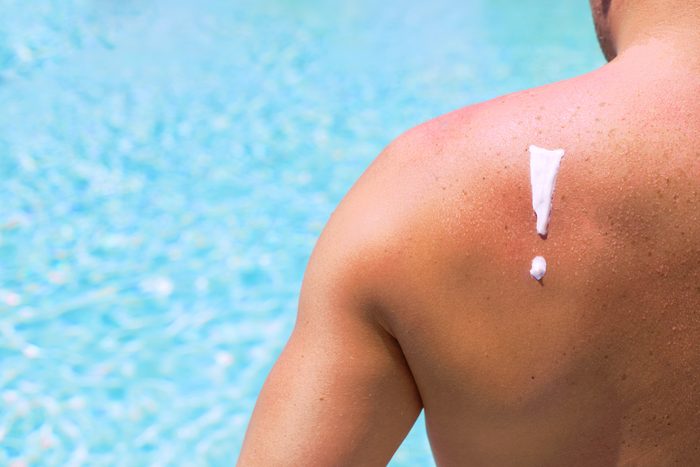Are your habits hurting your health?
We all know the importance of eating well-balanced meals and regularly working out, but there a lot of components to your every day routine that’s wreaking more havoc on your health than you know. Evidence suggests that there are a lot of behaviours that we can easily modify for a much healthier and happier body. We’ve rounded up five common unhealthy habits that you may want to tweak.
Sleeping too little
“There is quite a bit of evidence to suggest that getting too little sleep, or sleep that is disrupted, is a potential contributor to cognitive deterioration with age and, specifically, Alzheimer’s disease,” says Dr. Andrew Lim, an assistant professor of neurology in the department of medicine at the University of Toronto and a clinical sleep neurologist.
A lack of sleep (less than six to eight hours a night) is also associated with increased signs of skin aging, according to a 2013 study commissioned by Estée Lauder and conducted by researchers at University Hospitals Case Medical Center in Cleveland.
Sleeping too much
A 2011 study published in the journal Sleep that measured cognitive function in participants aged 45 to 69 found that an increase from seven or eight hours of sleep was associated with lower scores on most cognitive function tests. According to the study, the magnitude of these effects was equivalent to a five- to eight-year increase in age. Dr. Lim says that it’s not uncommon to find that individuals who sleep for very long periods of time are at higher risk for various sorts of negative outcomes. According to Dr. Lim, this includes all-cause mortality and cognitive decline. A long sleep duration is typically defined as more than nine or 10 hours of sleep daily.
Skipping sunscreen
“The sun doesn’t just play an important role in skin aging; it is skin aging,” says Dr. David McLean, a professor in the department of dermatology and skin science at the University of British Columbia. He says that even a small amount of ultraviolet (UV) light activates collagenase, an enzyme that snips the collagen fibres, and elastase, an enzyme that snips elastin fibres. Collagen and elastin keep your skin firm and youthful; if they are snipped, they no longer function as an elastic tissue and the skin begins to droop, says Dr. McLean. Sun worshippers should also slather on sunscreen to prevent age spots – brown and grey blemishes that appear on skin that has had a lot of exposure to UV light.
Always indulging your sweet tooth
While it’s perfectly normal to order the occasional slice of cake, your daily sugar fix may be robbing your youthful complexion. A natural process known as glycation, in which sugar in the bloodstream attaches to proteins to form harmful molecules known as advanced glycation end products (AGEs), is to blame. AGEs cause damage to cells, making them stiffer and more subject to premature aging. Consuming too much sugar results in higher-than-normal AGE levels. Collagen and elastin proteins are highly susceptible to glycation, so a high-sugar diet can really damage the skin.
Forgetting your shades
Not only does the sun age our skin but it affects our eyes, too. “Sunlight contributes to the formation of age-related cataracts,” says Dr. Emily Chew, an ophthalmologist and deputy clinical director at the National Eye Institute/National Institutes of Health in Bethesda, MD. “Wearing eye protection from UV light is good for preventing cataracts.” Research shows that overexposure to UV light can increase your risk of eye disease. According to the Canadian Dermatology Association (CDA), your eyes are as likely to experience sun damage as other exposed areas of the body. The CDA recommends a “UV 400” rating for sunglasses, which means that they block out 100 percent of UVA and UVB rays.
Recommended:






